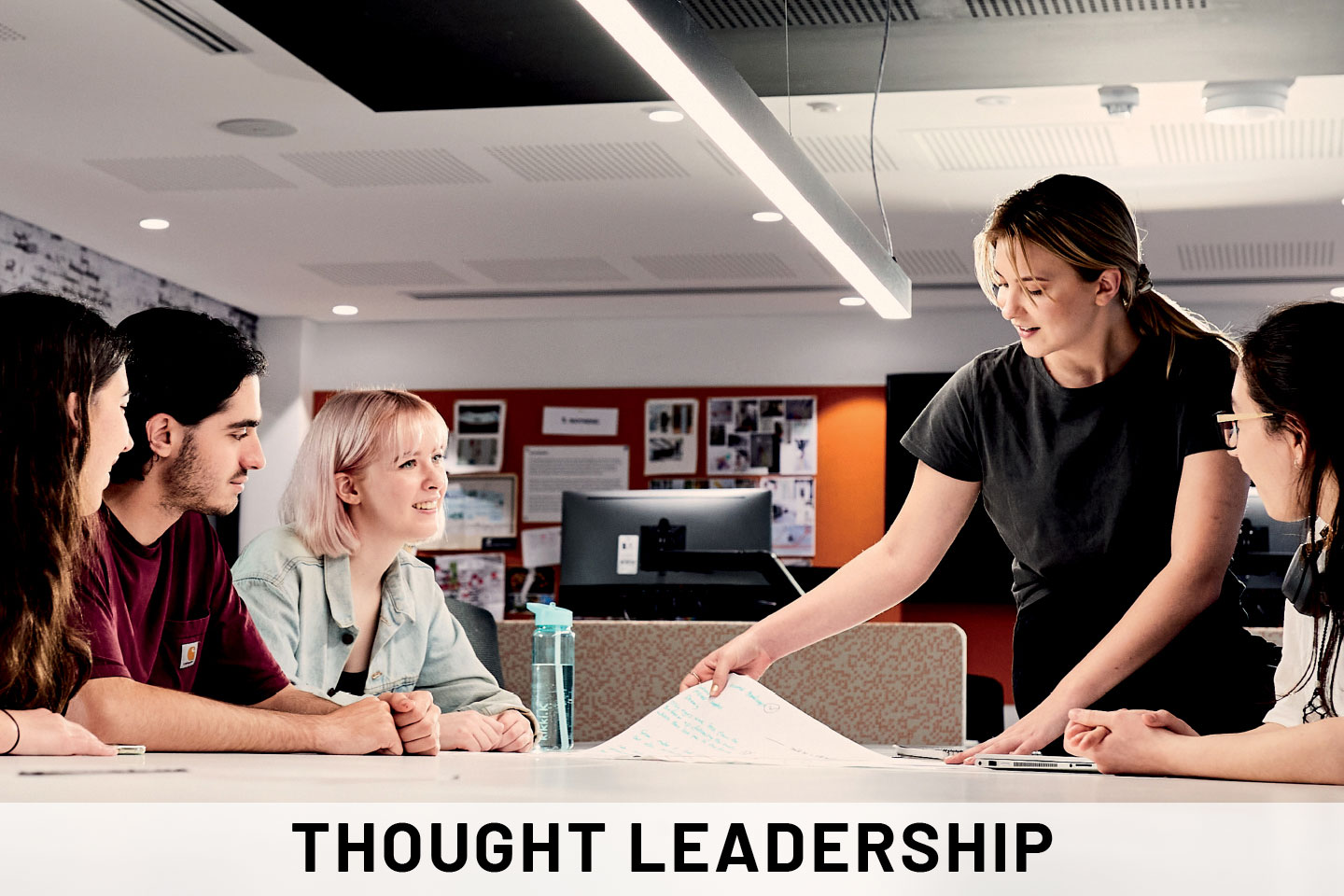

Preparing the workforce for the future is considered a major strategic challenge which has taken on a new significance because of the COVID-19 pandemic. With governments focusing on skill building, and increasing employer demands for a ‘work-ready’ talent pool, education providers are under pressure to do things differently, to build student capacity to navigate the dynamic nature of future work.
A recent study[1] conducted with 29 recruiters working in the public, private and not-for profit sectors in Western Australia, reported that business graduates were only ‘moderately’ prepared for work. Recruiters cited a lack of experience in professional work environments as the main reason for this. While recruiters confirmed graduates were generally prepared from a theoretical perspective, one commented that if graduates “… have no relevant exposure to working within their discipline they can be very technically focused”, making the link between theory and practice challenging. A scan of 850 ‘graduate’ job advertisements confirmed there is an expectation that work experience will be highly regarded by employers particularly if the experience is in a professional and/or industry setting. Given this signal from potential employers, it is not surprising students are increasingly urging education providers to integrate the practical application of knowledge into traditional business courses.
Universities are at the forefront of business education, delivering supportive and engaging learning environments for students of all ages and backgrounds.[2] However with the ever-accelerating pace of change, and futurists predicting further class divides in the automated world of the Industrial Revolution 4.0; business students, their families and governments require education providers to deliver on employability outcomes[3].
Focusing on modern learning approaches that are optimised via digital learning platforms is one of the paths education providers can take to ensure student skill-sets are better aligned with evolving student and business needs. Another is to provide more embedded opportunities to engage in professional business practice experiences, and design curricula to ensure students participate in authentic career-learning experiences, co-designed and co-delivered with industry experts. This is the cornerstone of how Murdoch is transforming business education from 2021.
Existing research supports that the more education institutions can enhance graduate outcomes, the better for students, education providers, employers and the broader Australian community.[4] This necessitates the development of an approach that guides learning outcomes towards a skill set that equips business graduates for the rapidly changing world of work[5] that begins at the start of the business degree program, not as an after-thought as graduation approaches.
While, Australian higher education institutions have deployed significant resources to focus on future workforce readiness, in response to a series of government initiatives[6], the important role that exposure to diverse, relevant professional experiences plays in preparing graduates for the professional workplace and its contribution to deep learning must be a priority.
Employability experiences embedded as an integral part of the core curriculum[7] and a required component of the degree for all students is at the core of the Murdoch business education program. Participation in a range of professional experiences - from case-studies to client projects, from field trips to site visits, from business simulations to workplace internships – coupled with non-traditional assessments and a focus on developing digital literacies where innovation, creativity and problem solving are at the centre of the instructional design is used to deliver on business education at Murdoch.
For business education to best prepare and make ready the future workforce, experiences that afford students opportunities to develop an understanding of their chosen profession and enhance their career awareness needs to be a shared responsibility between higher education, employers and professional associations. In this endeavour, Murdoch is transforming business education, collaborating with practitioners and professional associations to ensure learning experiences are authentic and develop professional student capabilities relevant for the evolving workplace.
See how Murdoch University is making it their business to rethink business education. www.murdoch.edu.au/business-school
[1] Girardi, A., Whitsed. C., Paull, M, Omari, M, & Ogilvie, M. (2016). Demand and Development of Graduate Skills: Examining employer perspectives using a mixed methods study. 30th ANZAM Conference, Brisbane. 6-9 December.
[2] National Union of Students. 2012. “Never Too Late To Learn – Mature Students in Higher Education. https://www.nus.org.uk/PageFiles/12238/2012_NUS_millionplus_Never_Too_Late_To_Learn.pdf
[3] International Education Association of Australia. 2019. “Global perspectives on international student employability”. https://www.ieaa.org.au/research/global-perspectives-on-international-student-employability
[4] International Education Association of Australia. 2019. “Economic opportunities and outcomes of post-study work rights in Australia”. https://www.ieaa.org.au/documents/item/1715
[5] International Education Association of Australia. 2019. “Global perspectives on international student employability”. https://www.ieaa.org.au/research/global-perspectives-on-international-student-employability
[6] https://www.dese.gov.au/job-ready, https://www.dese.gov.au/job-ready/npilf
[7] Vlachopoulos, Panos, Shazia K. Jan, and Lori Lockyer. 2019. "A comparative study on the traditional and intensive delivery of an online course: design and facilitation recommendations." Research in Learning Technology, 27.













